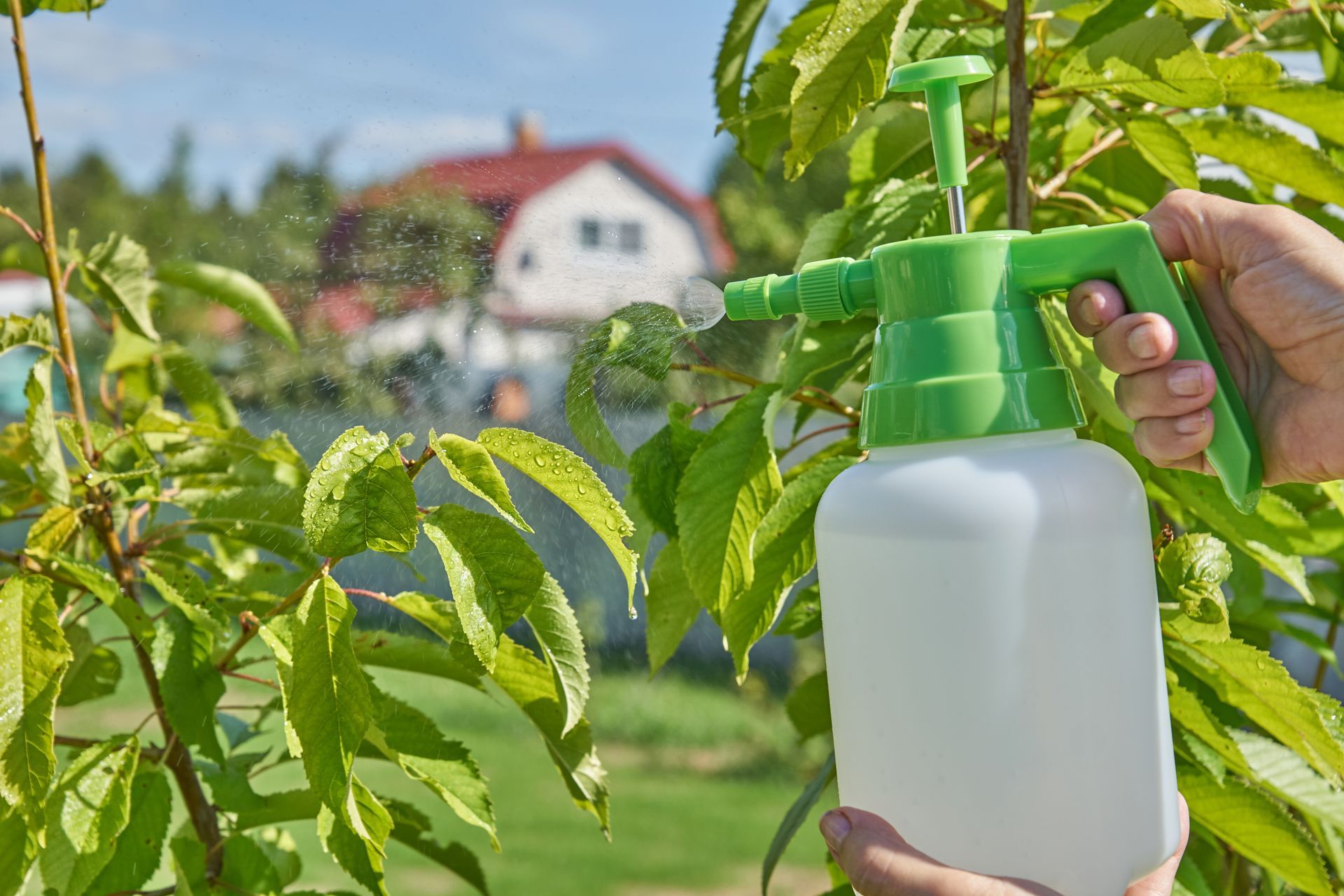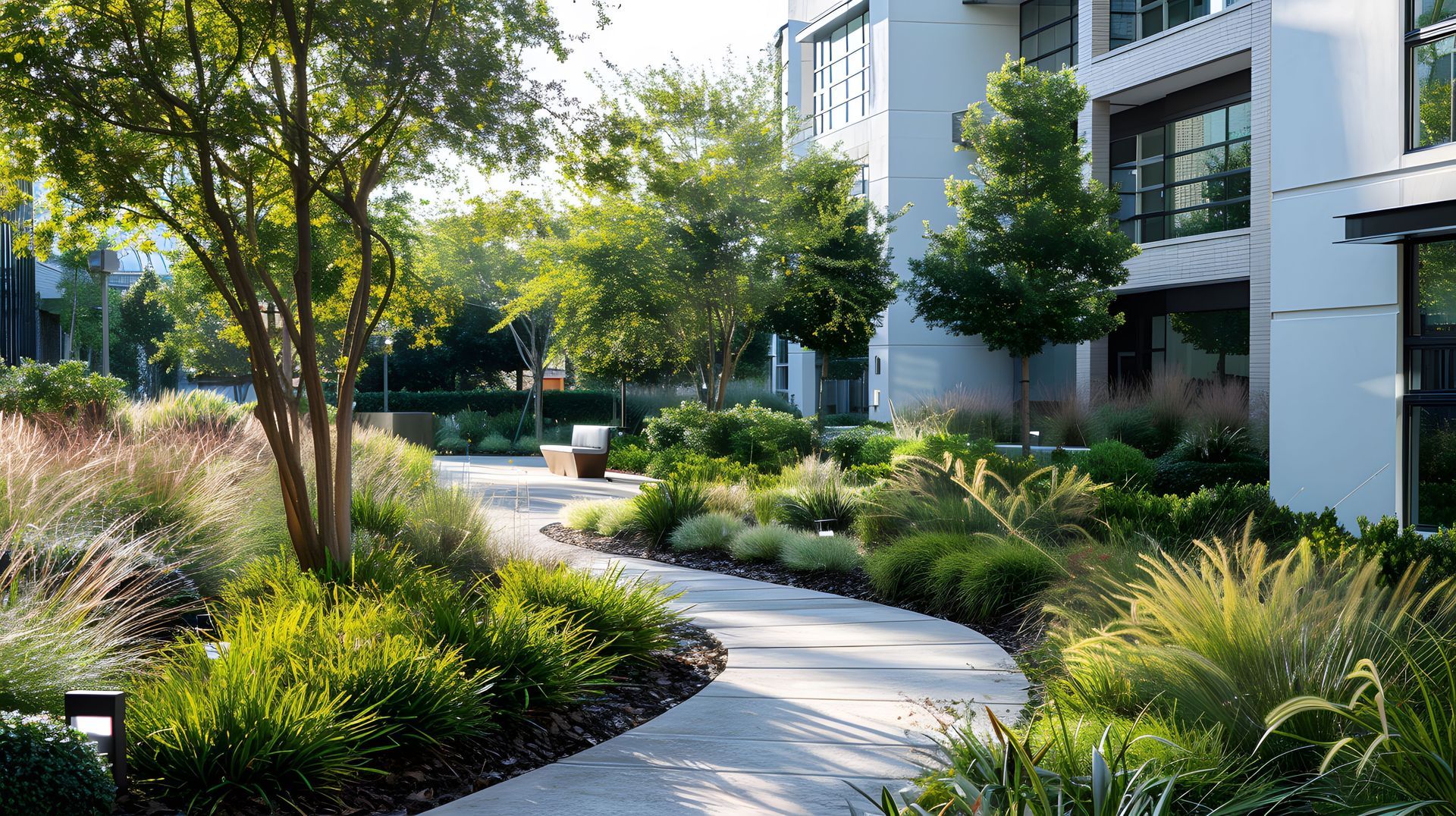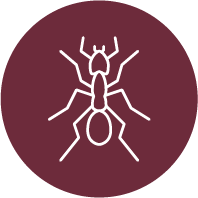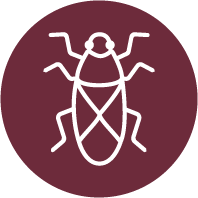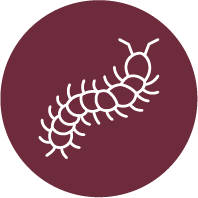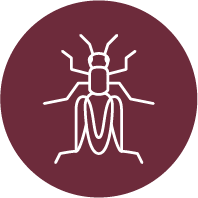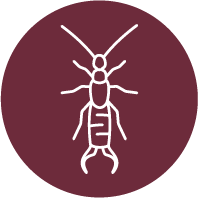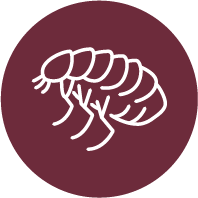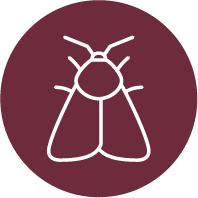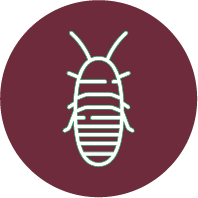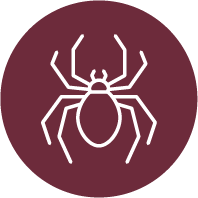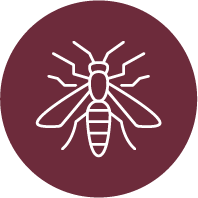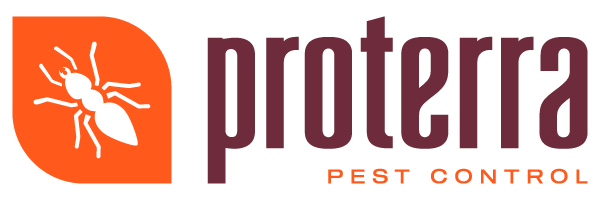Eco-Conscious Pest Control for Pet Owners
As pet ownership continues to rise, so does the need for pest control methods that ensure the safety of both pets and the environment. In the Tri-Cities area, pet owners are increasingly seeking solutions that protect their beloved animals from harmful chemicals while effectively managing pest issues. This demand has led to a growing interest in eco-friendly pest control options that prioritize both environmental sustainability and the health of pets.
The Risks of Traditional Pest Control Methods
Traditional pest control methods often rely on chemicals that can be dangerous to pets. Substances such as organophosphates, pyrethroids, and carbamates are commonly used but pose significant health risks. Pets exposed to these chemicals may experience respiratory issues, skin irritations, and even severe health complications. Numerous incidents highlight the dangers of traditional methods, underscoring the necessity for safer alternatives that do not compromise pet health.
Benefits of Eco-Friendly Pest Control for Pet Owners
Eco-friendly pest control methods offer a safe and effective alternative for pet owners. These solutions use natural ingredients and organic treatments to manage pests without endangering pets. Proterra Pest Control stands out in the field of eco-friendly solutions, utilizing products that are non-toxic and sustainable. These alternatives not only safeguard pets but also minimize environmental impact, making them an ideal choice for responsible homeowners.
How Eco-Friendly Pest Control Works
Eco-friendly pest control employs natural mechanisms to target and eliminate pests. Unlike traditional methods that depend on harsh chemicals, these solutions often utilize plant-based ingredients and natural predators to manage pest populations. This approach effectively addresses common pests in the Tri-Cities area, such as ants and rodents. By relying on nature’s defenses, eco-friendly methods provide a holistic solution to pest problems.
Practical Steps to Ensure Pet Safety During Treatments
Ensuring the safety of pets during pest control treatments involves several practical measures. Removing pet food and toys from treatment areas prevents accidental exposure to pest control products. Communicating with pest control professionals about pets in the home allows them to take necessary precautions. After treatments, proper ventilation and cleaning of surfaces help maintain a safe environment for pets, reducing the risk of exposure to any residual substances.
Proactive Approaches to Maintaining a Pest-Free Home
Maintaining a pest-free home with pets requires a proactive strategy. Regular cleaning, pet grooming, and home maintenance can significantly reduce the risk of infestations. Professional pest control services are crucial for long-term pest management, offering expertise and tailored solutions to prevent future issues. By integrating these practices into daily routines, pet owners can create a healthier living space for their animals.
Challenges Faced by Pet Owners in the Tri-Cities
In the Tri-Cities area, pet owners encounter specific pest challenges, including ants and rodents. Local regulations and guidelines emphasize the importance of using pet-safe pest control methods. Community efforts in Kennewick, Pasco, and Richland, WA, are promoting eco-friendly solutions, encouraging residents to opt for safer options for their homes and pets. These community-driven initiatives play a vital role in spreading awareness and fostering a safer environment for all.
Innovations and Trends in Eco-Conscious Pest Control
The future of eco-conscious pest control is promising, with ongoing trends and innovations offering benefits to pet owners. Advances in technology and methods prioritize safety and environmental impact, providing new solutions for effective pest management. Community awareness and education are essential in promoting these eco-friendly alternatives, encouraging more homeowners to adopt sustainable practices. As the industry evolves, choosing pest control solutions that align with environmental and pet safety values will remain a priority for responsible pet owners.
The Role of Community Awareness and Education
Community awareness and education are pivotal in promoting eco-friendly pest control solutions. By understanding the benefits and effectiveness of these methods, more pet owners can make informed choices that protect both their pets and the environment. Educational campaigns and community workshops can further spread awareness, empowering residents to take action and choose sustainable pest control options.
The Economic Impact of Eco-Friendly Pest Control
Eco-friendly pest control not only benefits the environment and pet health but also offers economic advantages. By reducing the reliance on chemical treatments, homeowners can save on potential medical costs for pets affected by toxic substances. Additionally, sustainable pest control practices can enhance property values by creating a safer and more appealing living environment. This economic incentive encourages more homeowners to adopt eco-friendly pest control methods.
As pet owners in the Tri-Cities continue to seek safe and effective pest control solutions, the shift towards eco-friendly methods becomes increasingly important. By choosing sustainable options, homeowners can protect their pets and contribute to a healthier environment. The growing awareness and adoption of eco-conscious pest control practices reflect a commitment to responsible pet ownership and environmental stewardship. As the industry continues to evolve, prioritizing safety and sustainability will remain at the forefront of pest management strategies.
For more information on eco-friendly pest control solutions and how they can benefit your home and pets,
reach out to Proterra Pest Control today. Our team is dedicated to providing safe, effective, and environmentally sustainable pest management services tailored to your needs.
